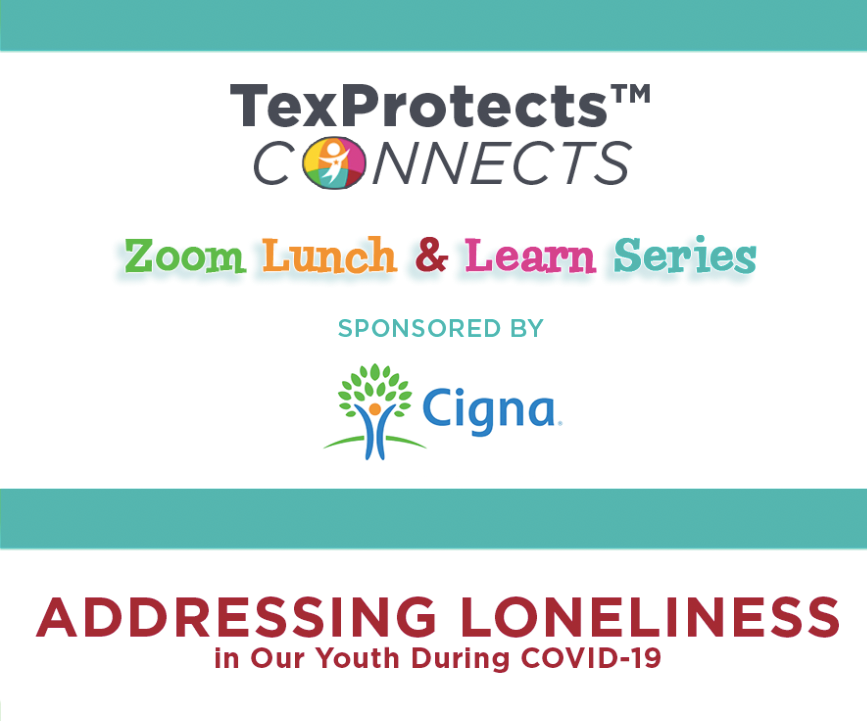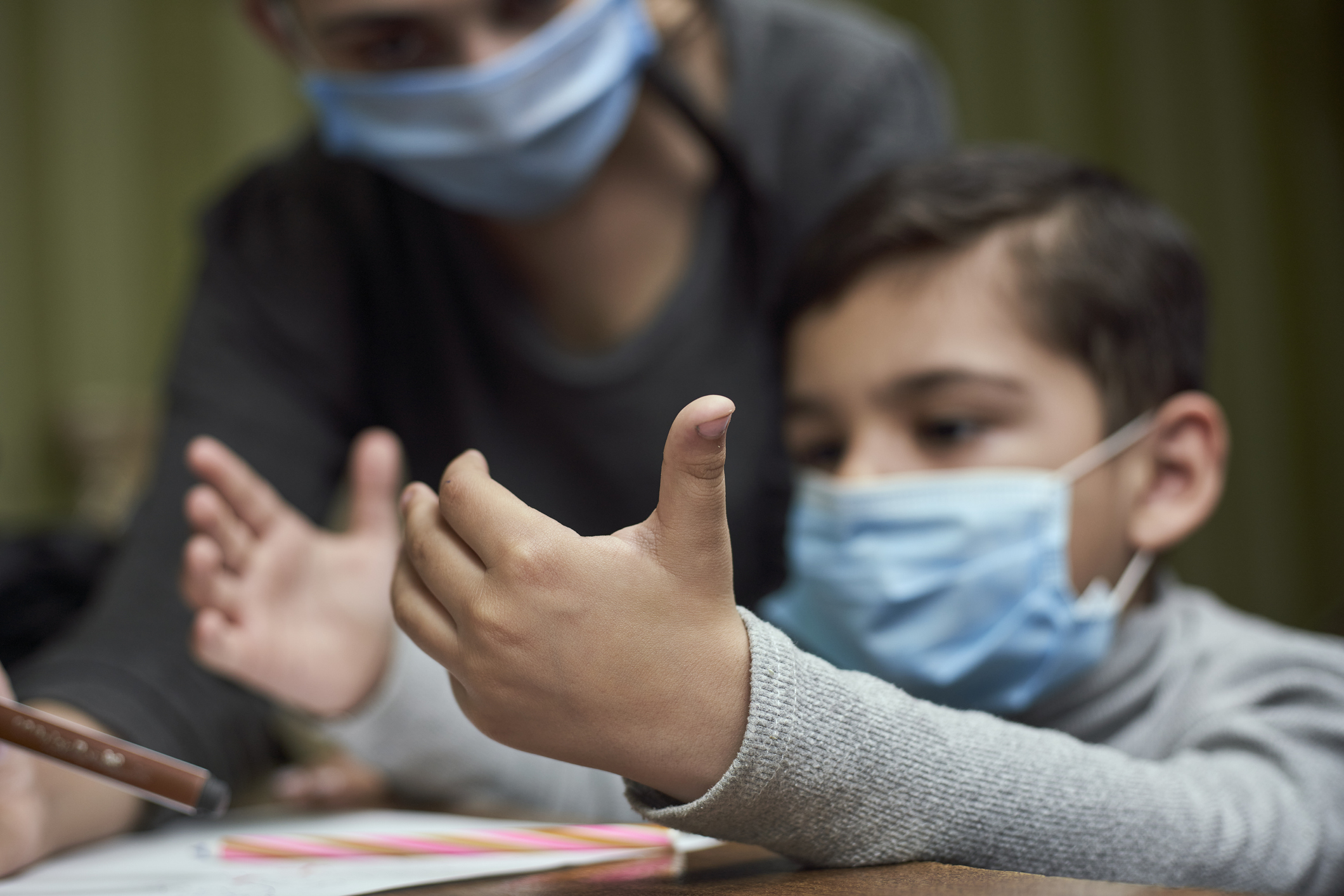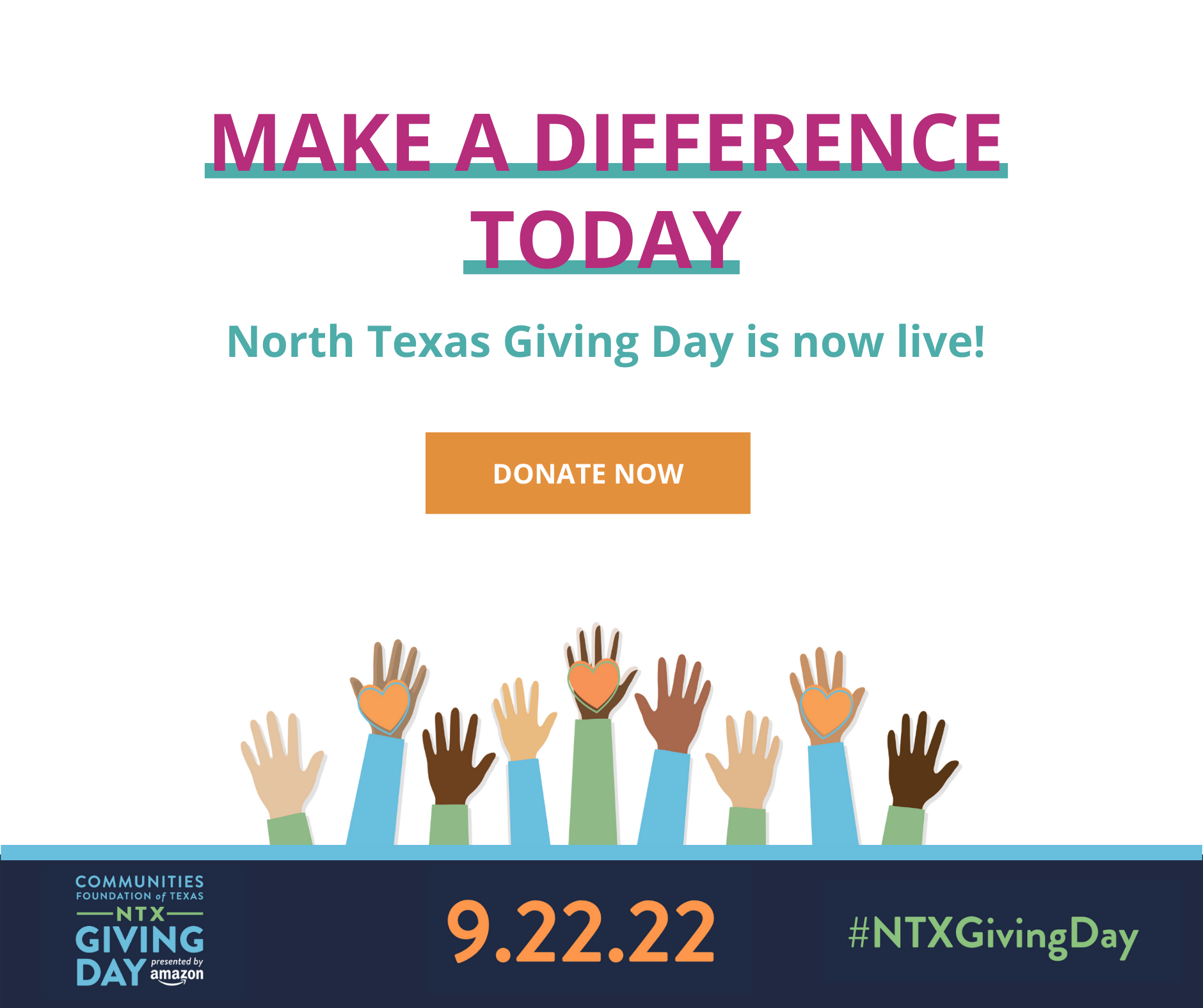
Most people feel lonely at some point in their lives, but two landmark Cigna studies found that more than half of respondents reported some degree of loneliness, with young people being the loneliest among all the generations studied. What happens when the loneliness epidemic converges with the COVID-19 pandemic, keeping many students at home away from their friends at school and tethered to their screens for e-learning? In the recent TexProtects Connects Lunch & Learn “Addressing Loneliness in Our Youth During COVID-19” presented by Cigna, Dr. Stuart Lustig, National Medical Executive for Behavioral Health at Cigna, discussed the challenges of e-learning for parents, kids, and teachers–and how to best support everyone involved.
Loneliness is a subjective term related to both body and mind. There is a vast difference between feeling lonely or experiencing loneliness and being alone. Feeling lonely is about wanting more social contact or different types of social contact than we may currently have. It’s not abnormal to be lonely at different times in our lives, but people who are lonely may have a greater number of physical ailments and experience greater depression and/or anxiety.
In Cigna’s Loneliness study [https://www.cigna.com/about-us/newsroom/studies-and-reports/loneliness-epidemic-america], conducted pre-COVID-19, they surveyed 20,000 adults online across the U.S. Researchers found that 54% of respondents reported feeling lonely based on the UCLA Loneliness Scale. Researchers also found loneliness increased with each younger generation. For example, 43.2% of the Boomer generation reported feeling lonely, and 49.9% of Gen Zers reported loneliness in 2019.
Loneliness is especially a big issue in our country right now, with kids largely being homeschooled due to COVID-19 (although some school districts across the country and in Texas are beginning to open to in-person instruction). The way a lot of our students are connecting now is through online tools. But lower-income students are less likely to have access to high-quality remote learning. Low-income students are also less likely to have an environment conducive to learning like a quiet space with minimal distraction or high-speed internet. The data shows that only 60% of low-income students are regularly logging into online instruction. This barrier to technology and education can have significant impacts down the road.
With the anxiety of the changes in how school is taught, how can we help our kids navigate the current COVID-19 pandemic and loneliness epidemic with resiliency? Dr. Lustig says children are naturally resilient, but we also need to remember to check in with them, listen without judgment, and without interrupting. Listen to your child until there is nothing else to be heard. Normalize difficult feelings and model that difficult emotions are okay by sharing how you manage your frustrations. Dr. Lustig says we must also help kids master the emotional ABCs: ambiguity, bumps, and change. We must help them practice accepting and not knowing, recognize they can’t control all the outcomes, permit imperfection, and remember how they’ve managed change in the past while staying in the present.
We can also help our kids prepare for online and in-person instruction through shifting routines and sleep schedules into school mode, talking about school differences and similarities, acknowledging their worries, and expressing confidence in their abilities to navigate school in whatever format it takes.
Dr. Lustig says to remember to care for yourself as well. Take a look at the Cigna Stress Plan [https://www.cigna.com/takecontrol/tc/stress/] to help you figure out how to manage stress, especially since many of us are grieving the freedom and stress reduction techniques we took for granted that are now no longer available to us.
We are unfamiliar ground, without a real playbook for parenting during the pandemic. Good enough is the standard – there are no perfect parents, and mistakes are how we learn. Not only can we help our children thrive through the pandemic, but we can also make sure we succeed as well. Watch the full webinar for more great information on loneliness and tips on parenting from Dr. Lustig.



